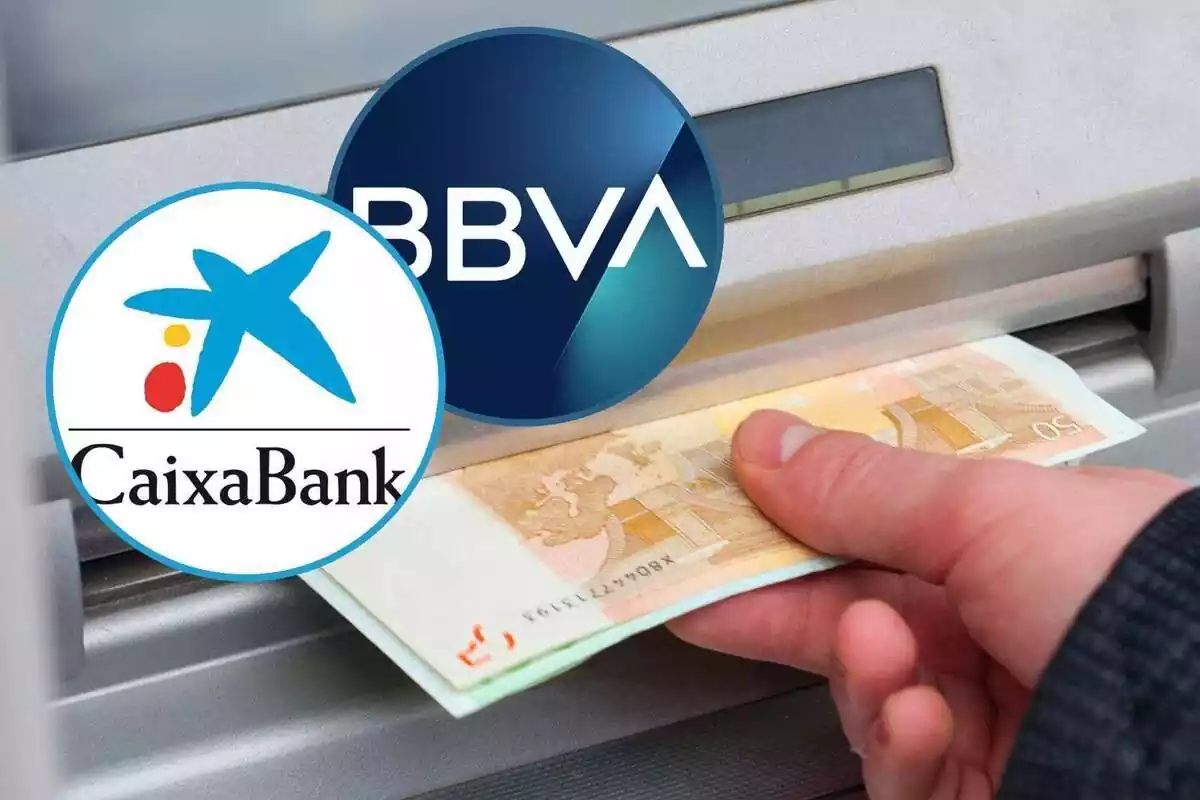
Unexpected twist in transfers: CaixaBank and BBVA reveal there's fine print
Some banks confess that immediate transfers are free, but only if certain conditions are met.
Since last January 9, immediate transfers in Spain are free. However, it seems that not everything is as simple as it might seem at first glance. An unexpected turn has surprised many users.
Some entities like BBVA or CaixaBank confirm that these transfers, which were previously free or very low-cost, will now cost the same as ordinary ones. However, there is an important detail that many don't know. The cost of immediate transfers can vary according to certain requirements that clients must meet.
Until recently, many people used immediate transfers as a quick and economical option to move money between accounts. These payments, which are made in a matter of seconds, had a fairly high cost. However, since the beginning of this year, both CaixaBank and BBVA, along with other banking entities, have updated their conditions.

Now, immediate transfers have the same cost as ordinary ones.
BBVA and CaixaBank warn of changes
According to the financial comparator HelpMyCash, some entities have decided to offer both ordinary and immediate transfers for free. However, only to those clients who meet certain requirements. These requirements can vary, but they are generally related to the type of account or the client's transaction volume.
For example, some banks might offer free transfers to those who have a direct deposit or maintain a minimum balance in their account. However, if these requirements are not met, the user may have to pay a fee for making an immediate transfer. For this reason, it is advisable to always read the fine print of banking conditions or consult with the bank itself.
Besides the costs, another important aspect to consider is the limit of the amount that can be transferred through an immediate transfer. According to the Bank of Spain, the maximum amount a client can transfer through this type of operation is 100,000 euros (approximately 110,000 dollars). However, each banking entity sets its own limits, which are generally much lower.

In practice, the limit varies according to the bank and, in many cases, can be between 2,000 and 15,000 euros (approximately 2,200 and 16,500 dollars). This is why, if you need to make a transfer exceeding this amount, it is best to consult with your bank to know the limit.
What to do if I want to make an immediate transfer?
If you need to make an immediate transfer and don't want to be charged fees, it is best to contact your bank. In the case of CaixaBank, BBVA, or other entities, some users might continue to enjoy free transfers if they meet specific requirements.
Therefore, it can be said that immediate transfers are not free for everyone, and the fine print plays an important role. Knowing your bank's conditions and the requirements you must meet will allow you to avoid surprises and choose the best option for your financial needs.
More posts: